Sustaining your work, reflecting on lessons learned, and creating lasting impact
As we approach the end of the program year, it is time for teams to begin planning for how they will sustain their work after the program ends and reflect on their journey thus far. During this module, teams will engage with the final two parts of the NLAPH program curriculum.
Sustainability Planning
This section will offer structured guidance through a toolkit and webinar, which will provide the opportunity to explore content from the toolkit and consider how it applies to your work.
See more below.
Culminating Reflection
Throughout the program, each team has reached major milestones, and individuals have grown as leaders. The Culminating Reflection gives teams the opportunity to share their progress in both their leadership development and Applied Health Leadership Project (AHLP) journeys.
Get the sustainability toolkit
The Sustainability Toolkit: 10 Steps to Maintaining Your Community Improvements was developed by the Center for Civic Partnerships to provide technical support to community groups in sustaining their health and quality-of-life improvements. The toolkit lays out a detailed 10-step process to guide communities through their sustainability planning and includes case studies, worksheets, activities, and handouts.
The Center for Civic Partnerships’ 10 Steps to Sustainability
Create a shared understanding of sustainability
Create a plan to work through the process
Position your effort to increase your sustainability odds
Look at the current picture and pending items
Develop criteria to help determine what to continue
Decide what to continue and prioritize
Create options for maintaining your priority efforts
Develop a sustainability plan
Implement your sustainability plan
Evaluate your outcomes and revise as needed
Making the most of the toolkit
Review the toolkit. Identify and reflect on how the ten steps might integrate with your work.
Attend the webinar. Bring questions on specific parts of toolkit or the toolkit as a whole.
Connect with coaches. They can help you and your team consider ways to implement sustainability best practices into your work.
Source: For twenty-five years, the Center for Civic Partnerships (CCP) provided leadership and management support to build healthier communities and more effective nonprofit organizations. CCP provided training, technical assistance, and tools, and was the home of the California Healthy Cities and Communities Network which promoted positive physical, social, and economic community environments that supported the well-being of community members. This program ended in 2016.
Module Webinar
NLAPH CORE WEBINAR
Sustainability Planning: From Concept to Practice
Wednesday, June 26
11:30am PT / 12:30pm MT / 1:30pm CT / 2:30pm ET
During this webinar, fellows will discuss steps their teams can take to plan for sustaining their work and project after the program ends. Discussions will center around understanding the basic elements of sustainability planning, including the 10 steps for sustainability, and how to apply them in practice.
Leadership Reflection Questions
Define sustainability for your team’s efforts.
Sketch out the big picture; what questions or obstacles do you face?
Discuss and agree on evaluation criteria; what data will you need?
Create your Impact Story to share with funders and potential supporters.




